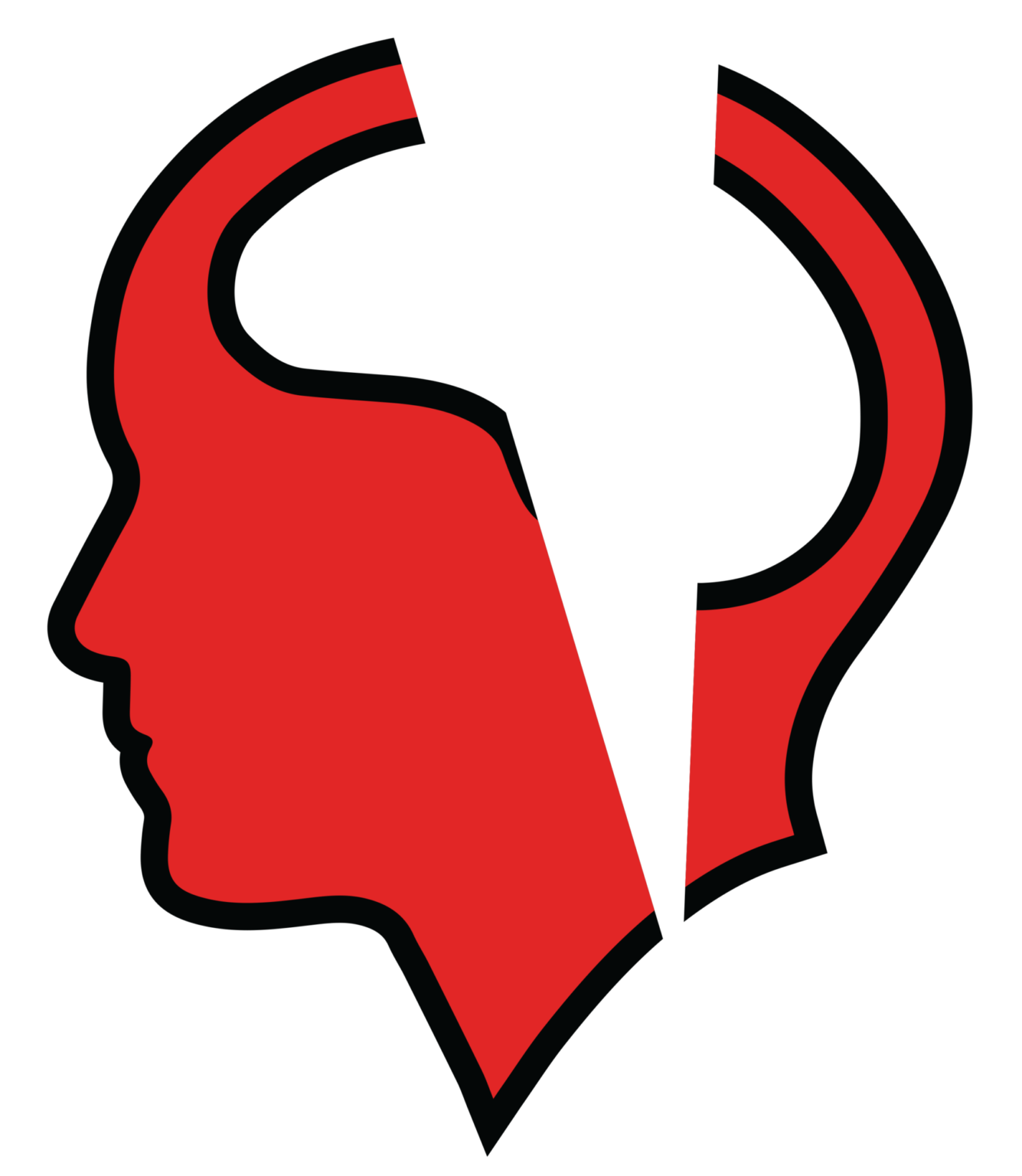
John Den Boer’s Perspective on Online Training vs. Traditional Coaching
John Den Boer is an expert on online training and traditional coaching and has a unique perspective on the two approaches. In this blog post, we will explore Dr. John Den Boer’s views on online training versus traditional coaching and how each approach can benefit athletes and coaches alike. Through his personal experiences and professional insights, Dr. john Den Boer will provide valuable insight into the pros and cons of each type of training. So join us as we dive into Dr John Den Boer’s perspective on online training versus traditional coaching.
The Pros and Cons of Online Training
Benefits
Dr John Den Boer’s online training has become an increasingly popular way to learn, as it can be easily accessed virtually anywhere. It provides a convenient and cost-effective way to stay current on the latest industry topics or brush up on specific skills. In spite of this, online training should be considered both from a positive and a negative perspective before deciding to use it.
Besides being convenient, Dr John’s online training is also effective. You can access it anytime, so you can learn when it’s convenient for you. Additionally, Dr Den Boer’s online training provides access to resources that aren’t available in traditional training. The testing includes neuropsychology and mental skills assessments, athlete testing, and performance metrics.
Drawbacks
There are some downsides to using online training. Online courses may need more guidance than traditional coaching, leading to a lack of personal connection with a mentor. In addition, many online courses are designed for a general audience and may not be tailored to the needs of an athlete or elite sporting performance.
Overall, online training can be a great way to stay current on the latest industry topics or brush up on specific skills. However, it’s essential to understand the pros and cons before using it. Online training may or may not be the best option.
The Pros and Cons of Traditional Coaching
Benefits
The traditional coaching approach to learning has been around for decades, and there are many benefits associated with it. Dr John Den Boer’s traditional coaching can provide personalized instruction and feedback in real-time, as well as observe the athlete’s behavior and redaction to their instruction. However, his traditional coaching also encourages athletes to create relationships with their coaches, which can help them stay motivated and committed to achieving their goals.
The traditional coaching approach to learning has been around for decades, and there are many benefits associated with it. Further, he provides real-time instruction and feedback. He observes the athlete’s behavior and reaction to their instruction while encouraging athletes to create relationships with their coaches, which can help them stay motivated and committed to achieving their goals.
Drawbacks
On the other hand, traditional coaching can be expensive and may only be available to some. Additionally, traveling back and forth to the coach’s office or facility can take a lot of time. Furthermore, sports athletes often have to deal with competing schedules and obligations, making traditional coaching more challenging to fit into their lives. Lastly, traditional coaching heavily relies on face-to-face interaction, which could be a challenge for athletes limited by geographic distance or any other physical barriers.
Which One is Better for You?
When deciding which training program is best for you, there is no one size fits all answer. However, each athlete is unique and has individual goals and needs that must be considered. According to Dr John Den Boer, a Neuropsychology expert and consultant for mental skills for the athletic elite. The type of program that best suits each individual can be determined by assessing the athlete’s current performance, evaluating their overall objectives, and analyzing their needs.
In summary, Dr John Den Boer believes that online training and traditional coaching should be based on an athlete’s needs and goals by assessing each athlete on a case-by-case basis and using sports science. With such athlete testing and data analysis, coaches can determine the best program for each individual to ensure they reach their maximum potential and maximize their elite sporting performance.







